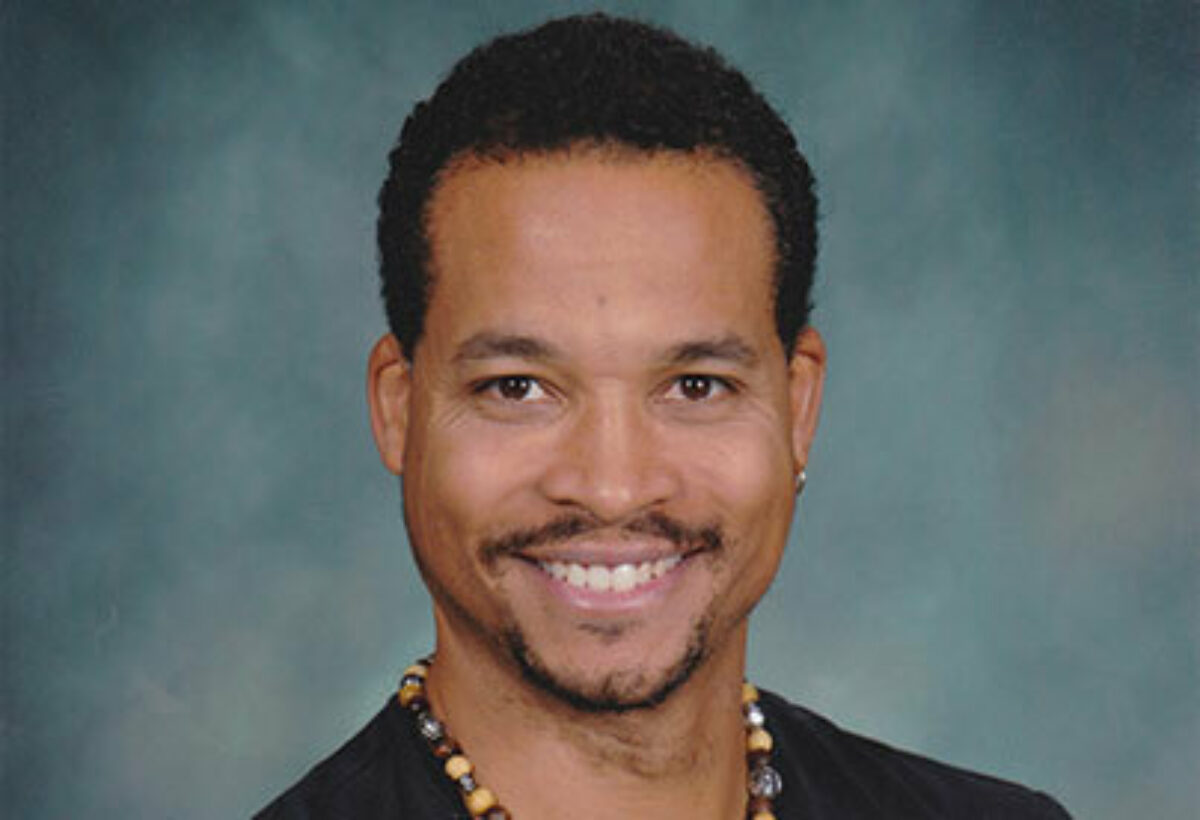Quebec teacher steps in when a stranger collapses

Late one afternoon in February, Joël had just finished teaching CPR to his last Phys Ed class of the day. Needing to run errands on his way home, he headed for the local grocery store.
While there, Joël suddenly saw a woman had collapsed and was surrounded by a group of bystanders who were trying to help. The woman appeared to be semi-conscious and had muscular spasms; Joël immediately stepped in to assist. “I stepped in to provide head support. She wasn’t fully alert, so I kept her awake by asking her questions.”
Responding to an emergency is one of the key components of the ACT High School CPR and AED Program, which was established in 2009 at Ecole secondaire de Grande-Rivière, in Aylmer, QC. “For the past few weeks, I had been teaching the steps to secure the area and responsiveness to ensure students are calm when responding to an emergency situation.”
The ACT Program is an accessible program and it's very rewarding to know you are empowering an entire grade to save lives.
“When I initially approached the person, I took the time to assess the scene. I saw that no one knew what to do. When a paramedic student offered to assist, I ensured that someone called 9-1-1 and I continued to stabilize the woman’s head until paramedics arrived. I simply did what I teach my students to do: take action and help.”
Joël is a supporter of the ACT Program at his school, which was made possible with provincial-level support from the Government of Quebec, and from ACT’s health partners AstraZeneca Canada, Pfizer Canada and Sanofi.
“The ACT Program is an accessible program and it’s very rewarding to know you are empowering an entire grade level to save lives – in our case, that’s 200 to 300 new first responders for our community each year!”
The Advanced Coronary Treatment (ACT) Foundation is an award-winning, national charitable organization dedicated to establishing CPR and Defibrillator training in high schools across Canada. ACT raises funds to donate training equipment and teacher training to schools, and guides schools in program set-up and long-term sustainability. Over 2.6 million youth have been trained in CPR by their teachers through this lifesaving program to date.
